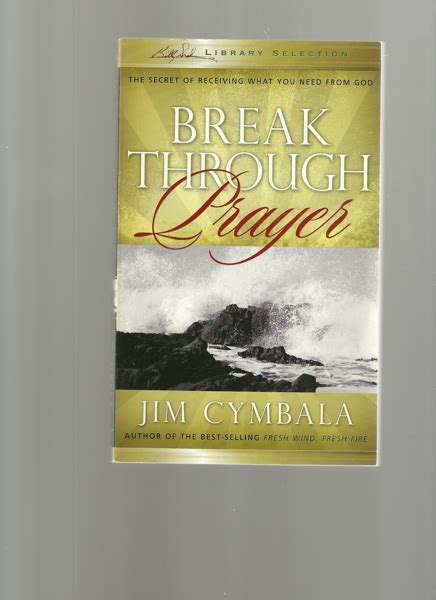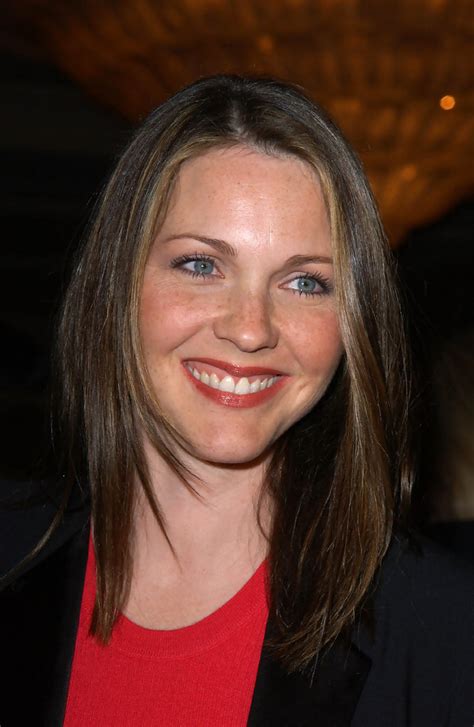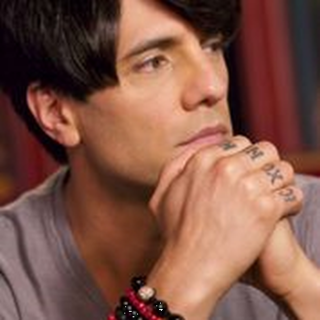A Quote by Nicholas D. Kristof
If you just try to make rational arguments about why people should care about Congo and how 5 million people have died, then people tend not to be receptive. But once you've created a connection of empathy, rational arguments can play a supportive role.
Related Quotes
People who reject transcendent authority can no longer persuade one another through rational arguments; everything is reduced to personal opinion. Debates about ideas thus degenerate into power struggles; we're left with no moral standard by which to measure the common good. For that matter, how can there be a 'common good' without an objective standard of truth?
Most of this film, however, is about interpretation - are these people terrorists or freedom fighters? Are they good or bad? Is cutting timber good or bad? And I don't feel like the answers to those questions are simple, so we don't try to answer them for the audience. I wanted to elicit the strongest - and most heartfelt - arguments from the characters in the film and let those arguments bang up against the strongest arguments of their opponents.
Do I think that people should in the best of all possible worlds have to go to jail for wanting the US government to pay attention to the warnings of scientists about climate change? Not really. I mean, in a rational world, if all the scientists said, "The worst thing that ever happened is about to happen and here's what you should do to stop it," you would expect any rational system to say, "Oh, sure, OK, let's do something about it." But that's not the world we live in. In the world we live in, you do need people willing to stand up, fight, march and sometimes go to jail.
I still do not know what impels anyone sound of mind to leave dry land and spend a lifetime describing people who do not exist. If it is child's play, an extension of make believe - something one is frequently assured by people who write about writing - how to account for the overriding wish to do that, just that, only that, and consider it as rational an occupation as riding a bicycle over the Alps?
We go to the opening arguments or the closing arguments of a case, and we'd see which actor got the big one. I had a seven-page one once which just about killed me, and I thought, 'Oh, I'm going to get fired, that's it, I can't do it.' It was like a one-act play, and I had a few weeks to learn it, luckily. But it's terrifying.
People say, "I'm tired of hearing about the war in Iraq. I'm tired of hearing about it." And it makes me realize how few people have deeper connections with it, as far as knowing people who have come back paralyzed or who have died, or families that have been affected . . . If they had a connection to it, then they wouldn't be tired of hearing about it.
































